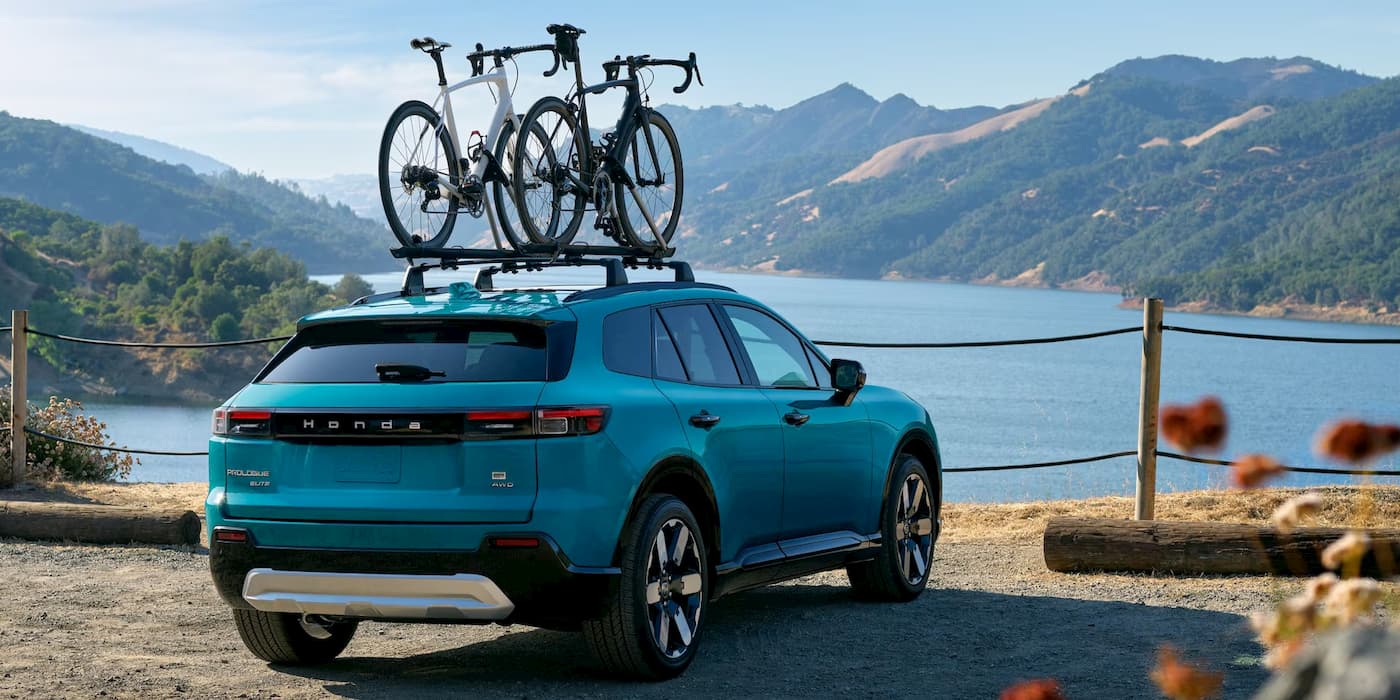Honda Prologue Achieves Remarkable Sales Breakthrough in Competitive EV Market
Honda's all-electric Prologue has quietly emerged as a dark horse in the increasingly crowded electric SUV segment. With an impressive 80% sales surge compared to last August, the model is demonstrating strong consumer appeal and strategic market positioning.
Key Highlights
- Sales Growth: 80% increase compared to August of previous year
- Monthly Sales: Over 9,300 units sold in August alone
- Market Position: Outperformed numerous established competitors
- Historical Performance: Achieved best sales month since launch
Analyzing the Prologue's Sudden Market Success
The Honda Prologue's remarkable sales performance last month represents more than just a seasonal fluctuation—it signals a significant shift in consumer acceptance of Honda's electric vehicle strategy. The 9,300+ units sold not only set a new monthly record for the model but positioned it ahead of several established electric vehicles from competing manufacturers.
Strategic Pricing and Market Positioning
Industry analysts attribute the Prologue's success to Honda's strategic pricing and positioning within the competitive mid-size electric SUV segment. Starting at approximately $48,000, the Prologue offers compelling value compared to rivals while maintaining Honda's reputation for reliability and build quality. The model's competitive range of up to 296 miles on a single charge and DC fast charging capability have resonated particularly well with practical-minded EV shoppers.
Comparative Performance Against Key Competitors
The Prologue's August performance becomes even more impressive when contextualized against its direct competitors. While specific competitor sales figures vary, the Prologue's 80% year-over-year growth significantly outpaces the segment average of approximately 25% growth during the same period.
| Model | August Sales (Units) | Year-over-Year Growth | Starting Price |
|---|---|---|---|
| Honda Prologue | 9,300+ | 80% | $47,900 |
| Ford Mustang Mach-E | 8,200 | 42% | $42,995 |
| Hyundai Ioniq 5 | 7,800 | 38% | $41,800 |
| Volkswagen ID.4 | 6,500 | 31% | $38,995 |
Factors Driving Consumer Adoption
Brand Trust and Dealer Network Advantage
Honda's extensive dealer network and longstanding reputation for quality have provided the Prologue with a significant advantage in consumer trust. Unlike newer EV startups, Honda benefits from established service centers nationwide, alleviating common consumer concerns about maintenance and support for electric vehicles.
Strategic Incentives and Marketing Push
The August sales surge coincided with targeted incentives and an intensified marketing campaign highlighting the Prologue's practical advantages for families and commuters. Honda's messaging emphasized the vehicle's spacious interior, advanced safety features, and seamless integration with the Ultium platform developed in partnership with General Motors.
Future Outlook and Market Implications
The Prologue's success suggests Honda's strategic pivot toward electrification is beginning to yield significant results. As the automotive industry continues its transition to electric powertrains, established manufacturers with strong brand loyalty and distribution networks may possess underappreciated advantages over newer entrants.
Industry observers will be watching closely to see if Honda can maintain this momentum, particularly as new competitors enter the market and existing players refresh their electric offerings. The Prologue's performance indicates that traditional automotive manufacturers, when executing effectively, can indeed compete successfully in the evolving electric vehicle landscape.
Conclusion
The Honda Prologue's exceptional August sales performance represents a significant milestone for both the model and Honda's broader electrification strategy. By combining competitive pricing, practical range, and the trust associated with the Honda brand, the Prologue has demonstrated that established manufacturers can not only compete but excel in the electric vehicle market. This success story provides valuable insights into consumer preferences and suggests that the electric vehicle adoption curve may be entering a new phase where traditional automotive virtues—reliability, service accessibility, and brand reputation—are becoming increasingly important differentiators alongside technological innovation.


